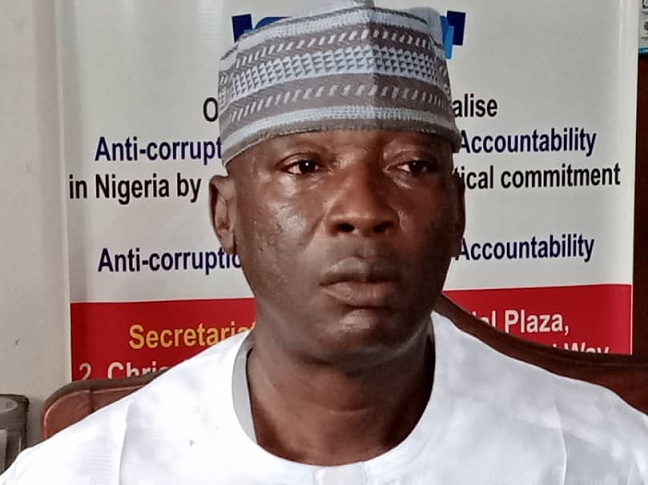From Benjamin A Ameh, Lagos
The roles of stakeholders (governments, private sectors organizations, ministries, principals, teachers, parents, communities and teachers in education institutions) in enhancing ICT’s infrastructure use in secondary schools in Kogi State. According to a survey conducted recently revealed that out of 142 principals, 1420 teachers and 12 lecturers in Educational Technology responded to questions before them concern the topic, the stakeholders roles in providing ICT infrastructure and training for secondary school education including teachers.
The reports indicated that the Ministry of Education should partner with the GSM and ICT providers, teacher education institutions, Nigerian Educational Research and Development Council along with other private sector bodies to provide ICT infrastructure and training for secondary school including teachers towards enhancing ICT use in the schools.
The importance of Information and Communications Technology (ICT) in education makes it a topic for continuing research. As ICT progress to emphasize more automated computers, Internet, cell phones, interactive multi-media, and digital facilities for schools, efforts devoted to making secondary school curriculum ICT-driven has become increasingly important. ICT use has become an important part of school curricula across several countries while noting that ICT usage holds the promise of increased learning and productivity across the curriculum. Hence, one of the greatest challenges facing secondary education in Nigeria today is its capacity to apply ICT to its operations.
ICT use in school curriculum depends highly on the teachers who have to use the ICT in teach the students. This requires that teachers must have the capacity to incorporate ICT in him or her teaching. Of course, having the capacity for ICT in the curriculum presupposes that it is available for students’ use too. Concerned ensuring ICT availability in schools, the National Policy on Education, for instance, in 2004 through Federal Republic of Nigeria stated that government shall provide facilities and infrastructures necessary for the promotion of ICT in schools.
The government has gone ahead to implement this through school computer initiatives like the School Net programme. The Kogi State government for instance, had also made a key effort in this regard by providing computers to several secondary schools in the State.
Statement of major key Problems:
Information gathered shown that many of the secondary schools that received these computers do not use them for either administrative or curriculum purposes. From the sources within the schools disclosed that some principals and teachers of schools that received these computers indicated that the computers were not in use because of lack of electricity, inadequate space, leaking roofs and broken windows in the places where they could have been kept. While others complained about inadequate security to prevent burglary of the computers, lack of staff competencies on computer usage and lack of technical support for their installation among others. Some of the worse pictures witnesses during the investigations were that some principals had to keep the computers “somewhere” for security reason.
Some experts in the field are of the opinions that computers alone do not constitute ICT. Other crucial accessories like the Internet, digital audios, interactive whiteboards, satellites, software, etc are lacking in the schools visited.
One is therefore worried that it is not enough to supply computers to schools only for the schools to fail to use them. In 2008, Osadolor in his paper presented pointed out two basic challenges in non-use of ICT in secondary education to inadequate infrastructure and lack of teacher training. It is also certain that government alone cannot adequately provide the computers and other ICT accessories to make them functional in schools as well.
In addition to the government’s efforts, other stakeholders are needed in providing ICT infrastructure and training for teachers according to David and Egboka’s papers.
Elsewhere, studies have shown that several stakeholders contributed meaningfully to educational innovation especially in enhancing ICT use in secondary schools.
The computers supplied to several secondary schools by the government without fully support with others accessories to runs ICT in the schools properly have yield the desire goal. Support ICT infrastructure, facilities and teacher training aides, should, therefore, be an integral and essential part of the efforts made by educational stakeholders to raise the standard of ICT use in secondary schools in the state.




